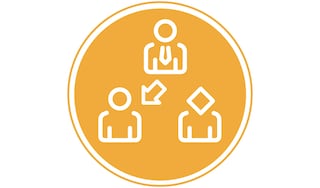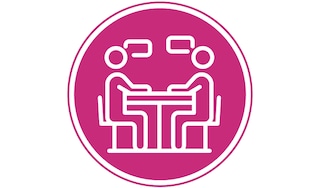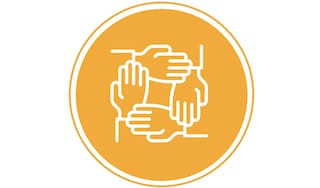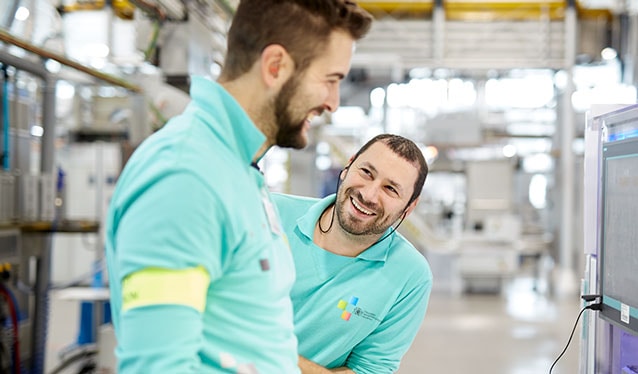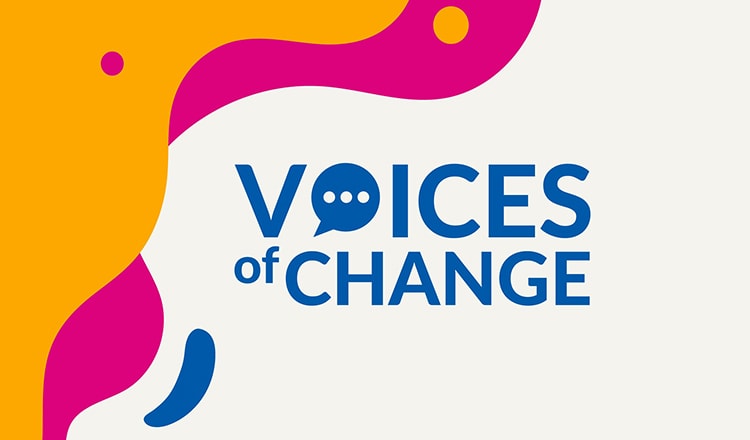Creating a workplace of psychological safety through open and frank conversations is key if companies want to unlock the full potential of employees. This drives innovation, and makes a happy, productive, and engaging workplace for everyone.
Fostering psychological safety in the workplace is paramount for any company committed to creating a diverse and inclusive environment.
Leaders play a critical role in laying down these building blocks. By changing certain behaviors, they can ensure every team member of any background feels comfortable bringing their true selves to work. Only when this occurs can a team’s full connection and potential be unleashed.
So, what steps can leaders take to achieve this? Most importantly, it’s about creating space for open, honest, and frank conversations. This enables leaders of individual team members who are feeling unsettled to understand and address the root causes. It also allows them to work to find solutions to secure contentment and psychological safety in the workplace—helping both the individual and the team to thrive and succeed.
By empowering individuals in teams to discuss diverse dimensions of their identity and foster higher levels of belonging within a business community—and, indeed, our society—these conversations can help boost self-confidence and, consequently, happiness and engagement in the workplace.
What needs to change?
First, leaders have to understand that this is a two-way street. While they must support team members, they must also be willing to examine themselves, learn from peers, and work on their own behaviors.
There are several steps leaders can take to facilitate change in their organization, including:
Increasing awareness of what unconscious bias is and understanding their biases. Reverse mentoring can be an effective tool in educating leaders, helping them to question and change their thinking.
Preventing “mini me” syndrome, a social phenomenon where leaders surround themselves with employees who are similar to them—often in age, style, industry experience and, particularly, gender, sexual orientation, and race.
Exercising active listening and empathy, which involves the listener fully concentrating, understanding, and reflecting before engaging in the conversation.
Harnessing psychological safety by creating room for conversations to discuss personal needs—not just strictly professional topics. A leader needs to create a safe space where team members want to share, rather than forcing them to speak.
The upside is that you don’t need to wait for a company training day or the launch of a new inclusion and diversity initiative to work on your perspectives and inclusive behaviors.
You can explore these techniques on your own by delving into the array of literature that exists on this subject to broaden your understanding and awareness of reverse mentoring, “mini me” syndrome, empathy, and psychological safety.
All of these resources help to hone leadership skills, boost the self-confidence of those around us, and foster a work environment that is rewarding and engaging for everyone—and, hence, more likely to drive results and innovation.
Boost self-confidence to boost innovation
Let’s be clear: inclusion and diversity initiatives are vital tools in delivering results and business growth.
Inclusive actions create the headspace for people to ideate and drive innovation.
By taking away people’s fear of being themselves and ensuring their ideas will be heard, brainstorms and creative discussions will flow like never before.
“Diversity jolts us into cognitive action in ways that homogeneity simply does not,” wrote Columbia Business School Professor Katherine Phillips.
Taking action to level the playing field
Inclusion and diversity is a subject close to my heart, and I believe that each of us can have an impact today. Any small step we take to help standardize inclusion and diversity in business can give someone else an opportunity of a lifetime.
PMI has been one of these enablers. From providing me with the space to create employee resources groups in Brazil and Poland to participating in a wide variety of global initiatives, PMI has given me confidence that we can create an environment where each employee feels like they belong. In turn, this means each individual can bring their true, unique self to work—allowing everyone to reach their full potential.
Outside of PMI, I dedicate time to empowering and boosting the careers of underrepresented groups in different communities. I’ve founded an inclusive mentoring program in my native Brazil that helps members of the LGBTQ+ community gain access to mentoring sessions focused on personal and professional development. And I am also a proud mentor at the University of Birmingham in the U.K., supporting its Mentoring Scheme for members of the LGBTQ+ community.
From changes in our daily routine to big milestones—such as PMI’s global EQUAL-SALARY certification, confirming we pay women and men equally for equal work—we all must continuously reflect on our privileges and biases to improve and maintain an environment where everyone feels comfortable to be themselves.
Because when we can be ourselves, we can be at our best.
Top image © Getty Images.



